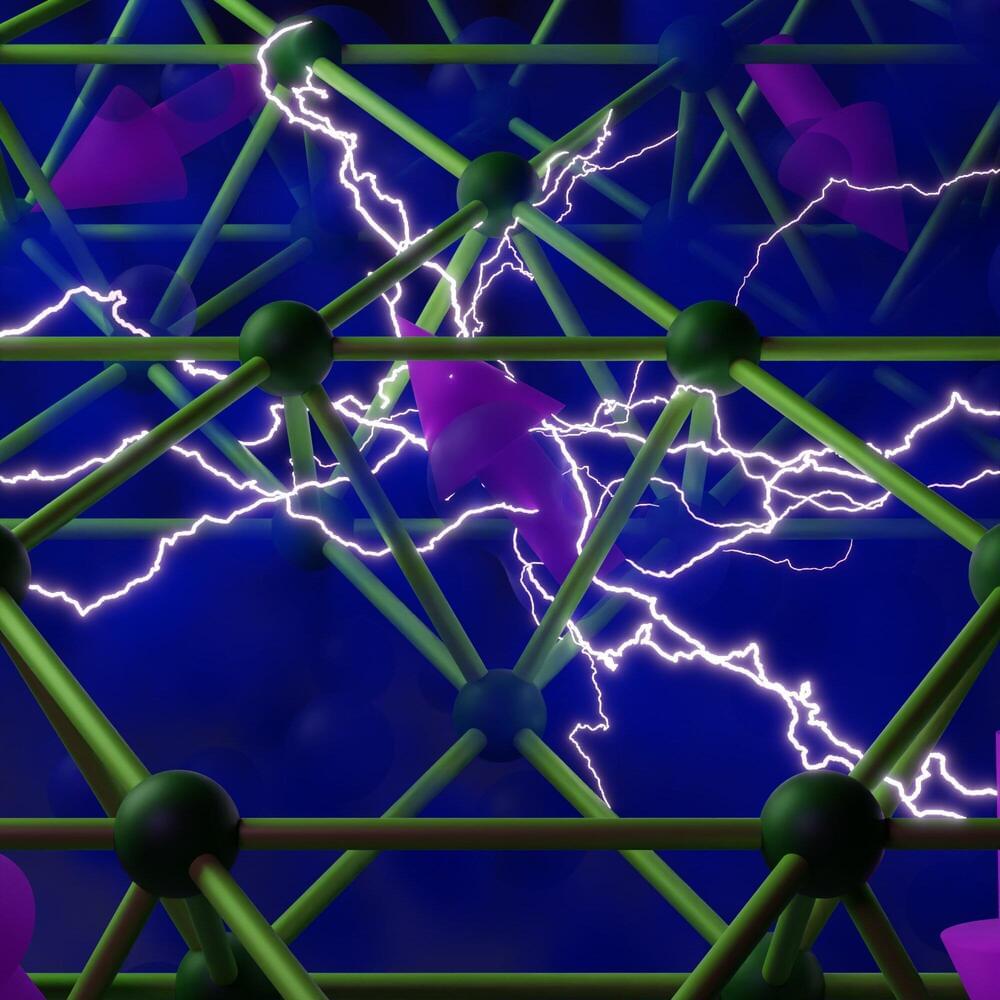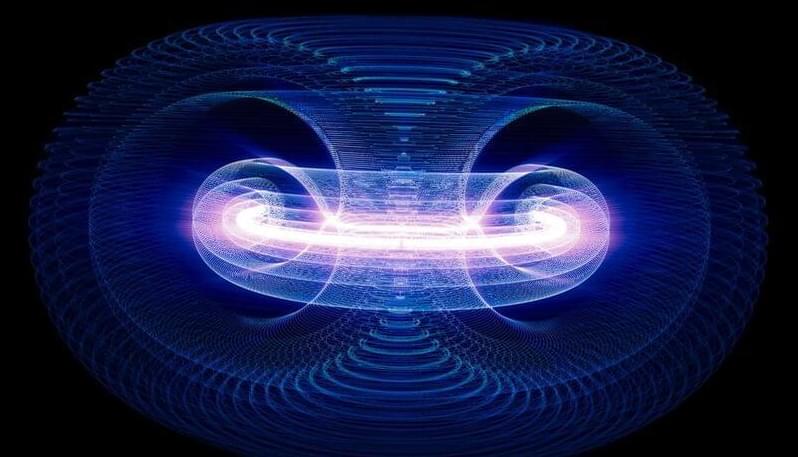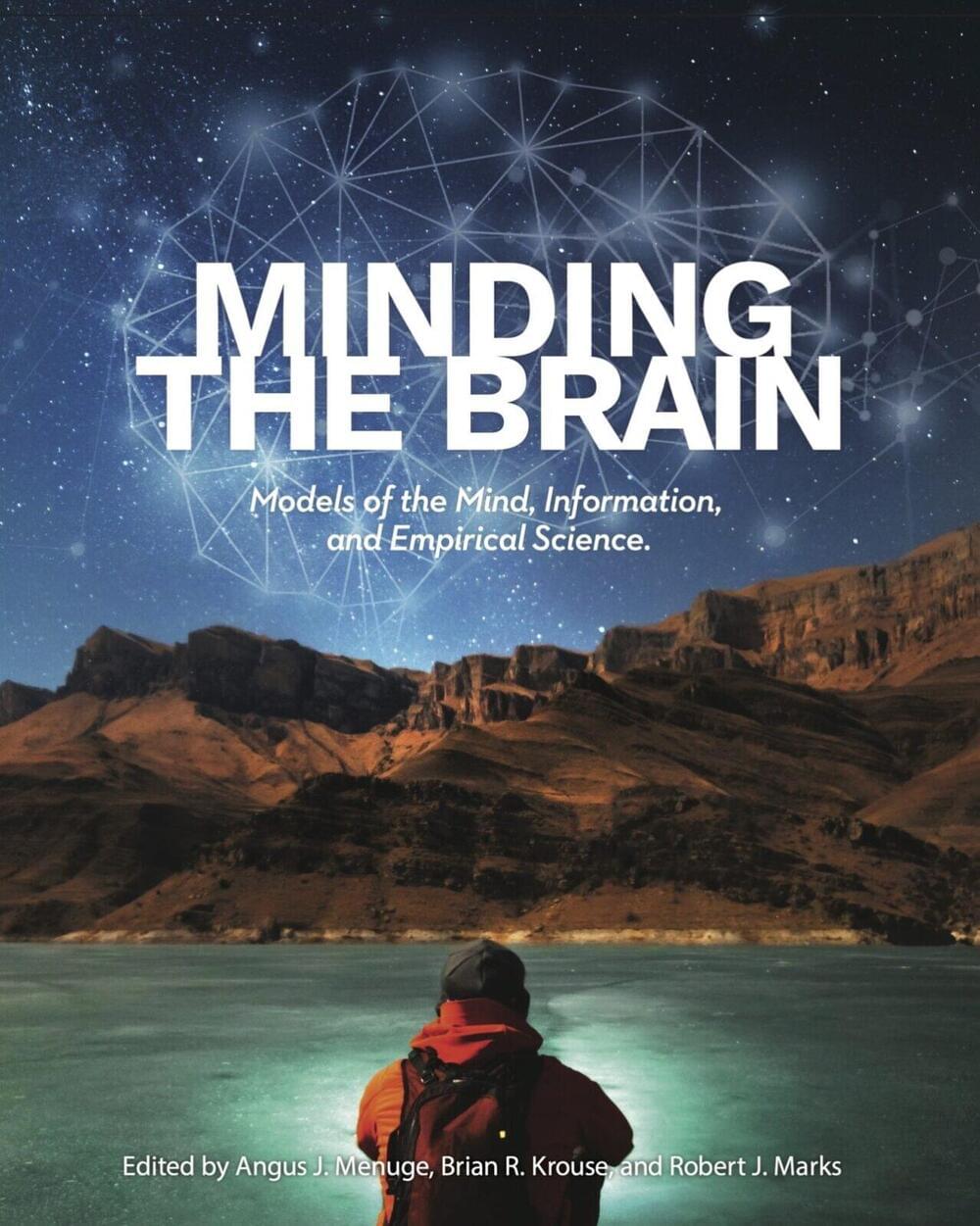May 3, 2024
Physicists discover new way to make strange metal
Posted by Saúl Morales Rodriguéz in categories: materials, physics
The work introduces a completely new way to create and study strange metals, whose electrons behave differently than those in a conventional metal like copper. “It is a potential new approach to designing these unusual materials,” says Joseph G. Checkelsky, lead principal investigator of the research and Associate Professor of Physics.
Linda Ye, MIT Ph.D. ‘21, is first author of a paper on the work published earlier this year in Nature Physics. “A new way of making strange metals will help us develop a unifying theory behind their behavior. That has been quite challenging to date, and could lead to a better understanding of other materials, including high-temperature superconductors,” says Ye, now an assistant professor at the California Institute of Technology.
The Nature Physics paper is accompanied by a News & Views article titled, “A strange way to get a strange metal.”

















